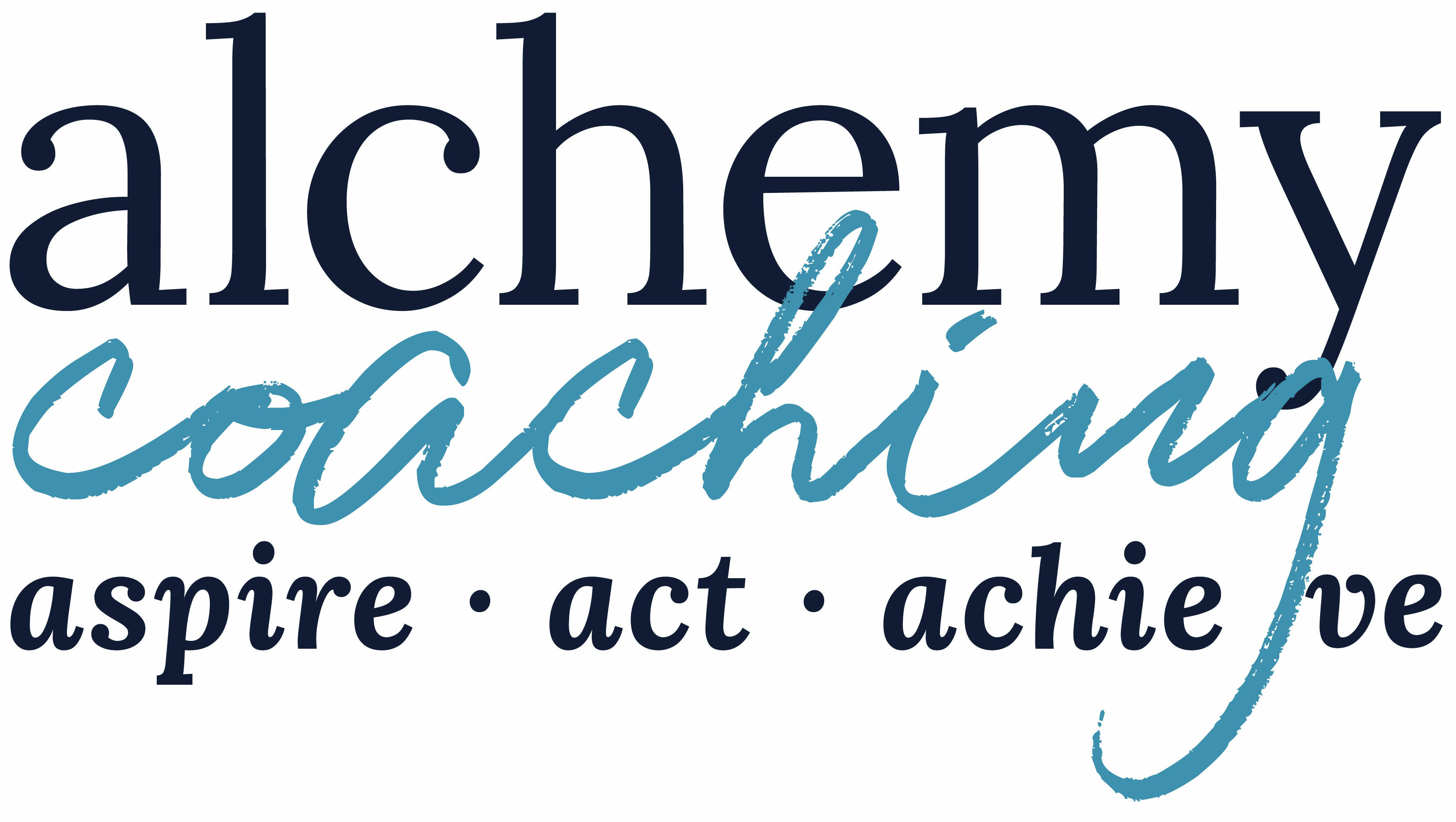September 26th, 2019
The Importance of Emotional Self Awareness
I recently had the honour of being a part of a Coach Collective that was held on an island north of Toronto, amidst the power and beauty of nature. It was a gathering of wonderfully diverse, experienced and immensely interesting people sharing their respective knowledge and coaching specialties. It was the best learning experience one could ask for…and I was the “newbie” in the crowd, having just cut the ribbon on my coaching practice earlier this year!
While preparing for the experience of making the physical and personal journey to a beautiful place with people I didn’t know and absorbing the fact that I was to be the first to share my coaching focus (Emotional Intelligence) with the group … I realized I was feeling a lot of different emotions myself!
However, the more I thought about what I was feeling and identified what my emotions were and where they were coming from, the calmer I became and the clearer the importance of that awareness was in moving me to take the actions needed to prepare myself and my material.
Being aware of our emotions is the ability to be “in touch” with ourselves and our feelings. This awareness helps us to differentiate between subtleties in our own emotions as well as be aware of the impact of our emotions on the thoughts and emotions of others.
When thinking about our emotions it’s important that we acknowledge them as neither good or bad, right or wrong, but as a source of information that helps us gain self-awareness.
Emotions offer valuable data that help us see more clearly and when we recognize our emotions and those of others, we gain an amazing resource to help focus our attention and motivate action.
It can be hard to really identify our feelings…sometimes it may be easier to give in to what we are feeling rather than to step back, acknowledge and assess the feeling, and choose an appropriate response instead of just reacting.
And it can be equally as hard to consciously shift our feelings from one to another. The good news is that our emotional self-awareness muscle can be strengthen! Increasing mindfulness and self-knowledge will improve emotional self-awareness.
The first step is to Know Yourself – to become more aware of how you are feeling and notice your reactions.
There are a few key skills that can help you be more consistently self-aware:
Get Fluent in the Language of Emotions
Enhancing emotional literacy increases the awareness & understanding our feelings and has us better able to accurately label emotions.
Being able to name emotions specifically helps us to differentiate between similar emotions.
In fact, Neuroscience research reveals that naming our emotions calms us down and lessens the intensity of emotions by shinning a cognitive spotlight on what we’re feeling.
Recognize Your Patterns
Identify recurring reactions of thought, feeling, and action
Research shows that humans tend to form and follow patterns and as such, our brains have a natural tendency to follow neural pathways that already exist.
This doesn’t mean you can’t change those patterns – you can! And the first step in the process is to simply recognize those patterns in yourself.
Know Your Triggers
What makes you angry? What makes you happy? What makes you feel peaceful and calm?
When you can identify those triggers, you are better able to control your emotions rather being controlled by them.
No Judgment of Emotions
Name your emotions then let them be without adding any other verbal or thought context that may intensify the emotion.
Scientific research has shown that it takes approximately 6 seconds for emotional chemicals to be absorbed into the body…so give yourself at least that long!
Remember that Emotions are Data
Knowing yourself is about being open to this data, and then using it to choose exactly where we want to go.
Incorporating daily practices such as using a journal and mindfulness meditation will help us better recognize our emotions and their impact on us and will strengthen our emotional self-awareness.
When we can tune into ourselves and our emotions, we become more present, better listeners and better communicators!

